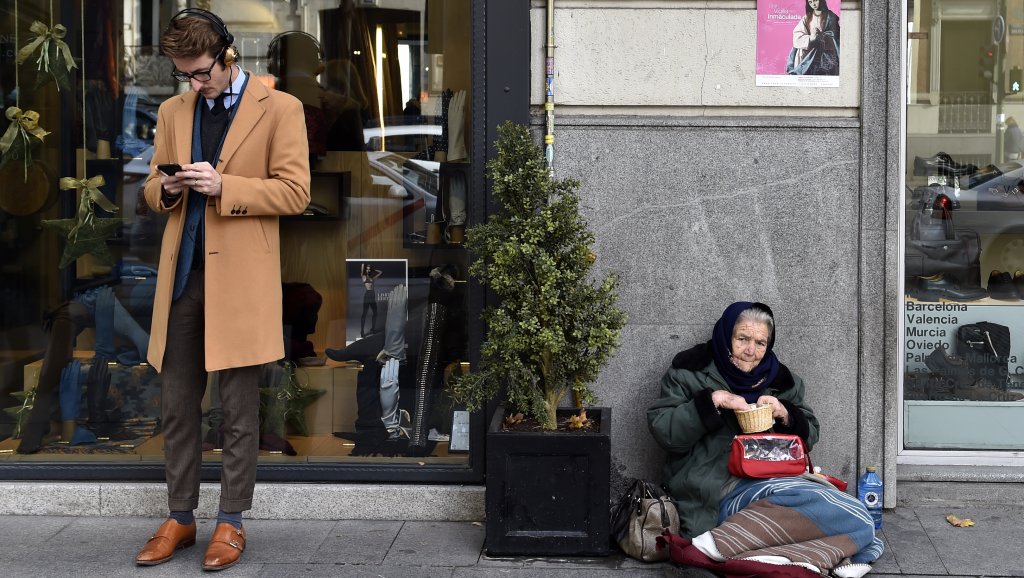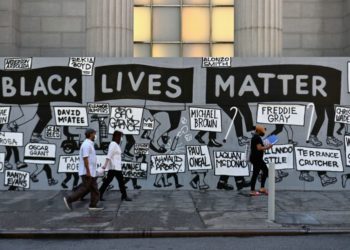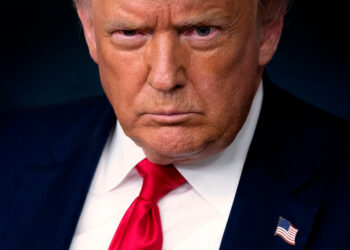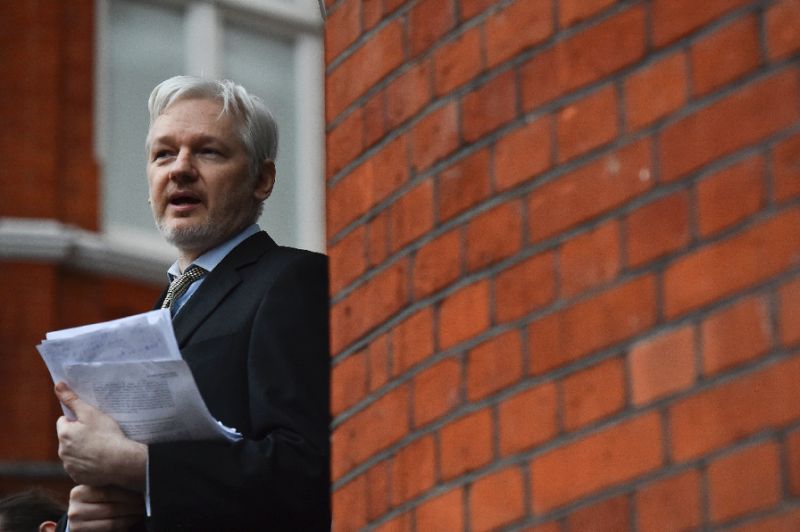The world’s billionaire class, just over 2,200 people and mostly white men, own more wealth than 4.6 billion people. This was the shocking fact Oxfam revealed last month ahead of the World Economic Forum in Davos, Switzerland.
Oxfam also calculated that if you had saved $10,000 every single day since the pyramids were built, you would not even have one-fifth of the fortune of the world’s richest men. The world’s 500 wealthiest people added $1.2 trillion in 2019, boosting their collective net worth 25 percent to $5.9 trillion.
It is even hard to conceive of how much a billion dollars is. There is an exponential leap from a million dollars (still a lot of money) to a billion. If you decided to sit and count to a million, it would take you 12 days. If you chose to go on and count to a billion, it would take you 32 years.
Global Economic System Favors the Rich
There is no getting away from the fact that the big winners in our global economy are those at the top. Our economic system is heavily skewed in their favor, and arguably increasingly so.
Far from trickling down, income and wealth are instead being sucked upwards at an alarming rate. Once there, an ever more elaborate system of tax havens and industry of wealth managers ensure it stays there, far from the reach of ordinary citizens and their governments. One recent estimate is that $7.6 trillion of individual wealth – that is more than the combined GDP of the U.K. and Germany – is currently held offshore.
Meanwhile, almost half of humanity is struggling to survive on less than $5.50 a day, and in Africa, the numbers living in extreme poverty is growing. This is a result of such a small proportion of global income growth having gone to the poorest half of humanity in the last 25 years.
Oxfam has previously shown how the top 1 percent has captured more of global income growth than the whole of the bottom 50 percent. For someone in the bottom 10 percent, the average annual income has risen less than $3 in a quarter of a century.
It simply makes no sense to have so much wealth in the hands of so few. It is common sense that the world would be a lot better off if those riches were more evenly distributed. Yet despite significant hand wringing about the divide between rich and poor, most world leaders are pursuing policy agendas that drive a greater gap between the haves and the have nots.
Democracy for Sale?
Strongman leaders like Presidents Donald Trump in the U.S. and Jair Bolsonaro in Brazil are exemplars of this trend, offering a deadly policy menu of tax cuts for billionaires, obstructing measures to tackle the climate emergency, and turbocharging racism, sexism, and hatred of minorities.
In countries all over the world, from the U.S. to Brazil, leaders are either billionaires themselves or in the pockets of billionaires.
Inequality is growing. The world’s billionaires now have more wealth than 4.6 billion people.
Yet #inequality is NOT inevitable.
Join the movement to #FightInequality >>> https://t.co/tH74mVg5V0 pic.twitter.com/w4oO69VM4O
— Oxfam International (@Oxfam) February 21, 2020
This is not just about buying a bigger car or a new house. It is about buying the media. It is about purchasing politicians. It is about bribing judges and receiving impunity from justice. This is about buying democracy itself. It was former U.S. Supreme Court Justice Louis Brandeis who famously said that “we can have democracy in this country, or we can have great wealth concentrated in the hands of a few, but we can’t have both.”
It is no coincidence that the world is seeing two trends. The first is a trend towards ever-increasing levels of inequality. The second is a trend towards the closing of civic space, and the corresponding rise in authoritarianism. Democracy and inequality are uneasy bedfellows. When ordinary people are given the space and freedom to ask questions, they naturally want to know why huge amounts of wealth are owned by so few when so many have so little.
Inequality is Policy Choice
Faced with rising inequality, leaders face a choice: either reduce inequality or reduce democracy. And too many are choosing to close down democracy rather than make their societies fairer.
This is such a shame because the evidence is clear that more equal societies are better on so many levels. They are safer, happier, and more trusting. People’s health is better. Critically given the onset of climate breakdown, they are much better able to cope with shocks and deal with crises. The IMF has also shown that more equal countries have much more stable economic growth. And because that growth is more equally distributed, they need less of it, making the future more sustainable.

Faced with leaders who consistently side with the rich and the powerful, people are taking to the streets. From Chile to Lebanon and from Vancouver to Berlin, people are protesting inequality and climate chaos in huge numbers. Millions are taking to the streets and risking their lives to fight inequality and demand a fairer, greener world.
History shows us that inequality is not inevitable. It is not unavoidable that billionaires see their bank accounts grow bigger every year. Inequality is a policy choice. If governments wanted, they could take concrete, practical, and proven steps to make their societies more equal. But they will only do this if they are forced to listen to ordinary citizens and stop listening to billionaires.
Disclaimer: The views and opinions expressed here are those of the author and do not necessarily reflect the editorial position of The Globe Post.























